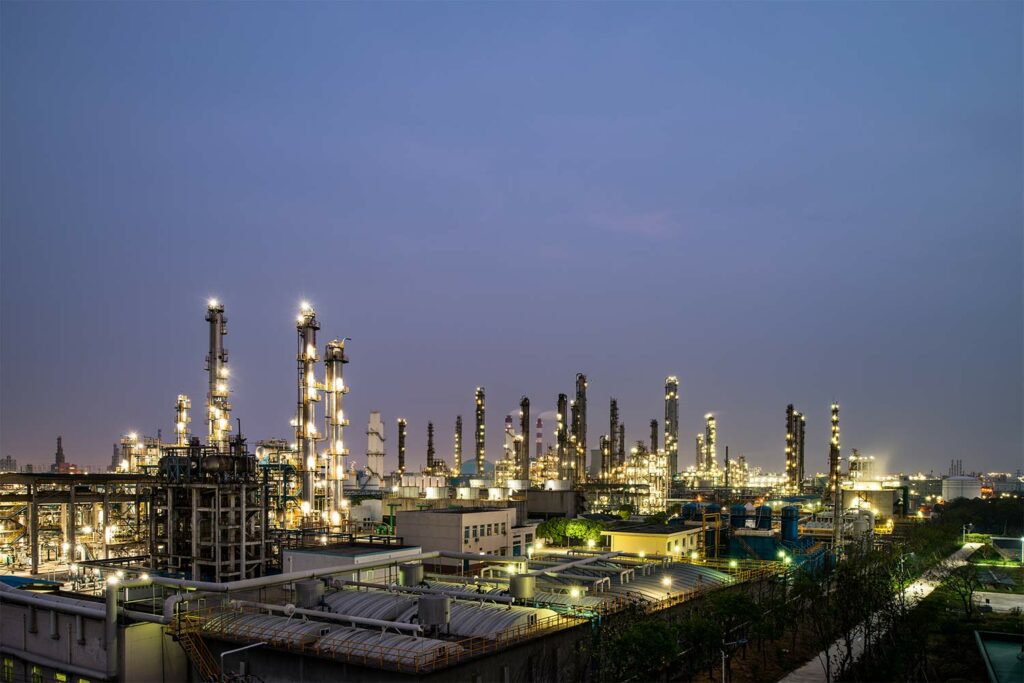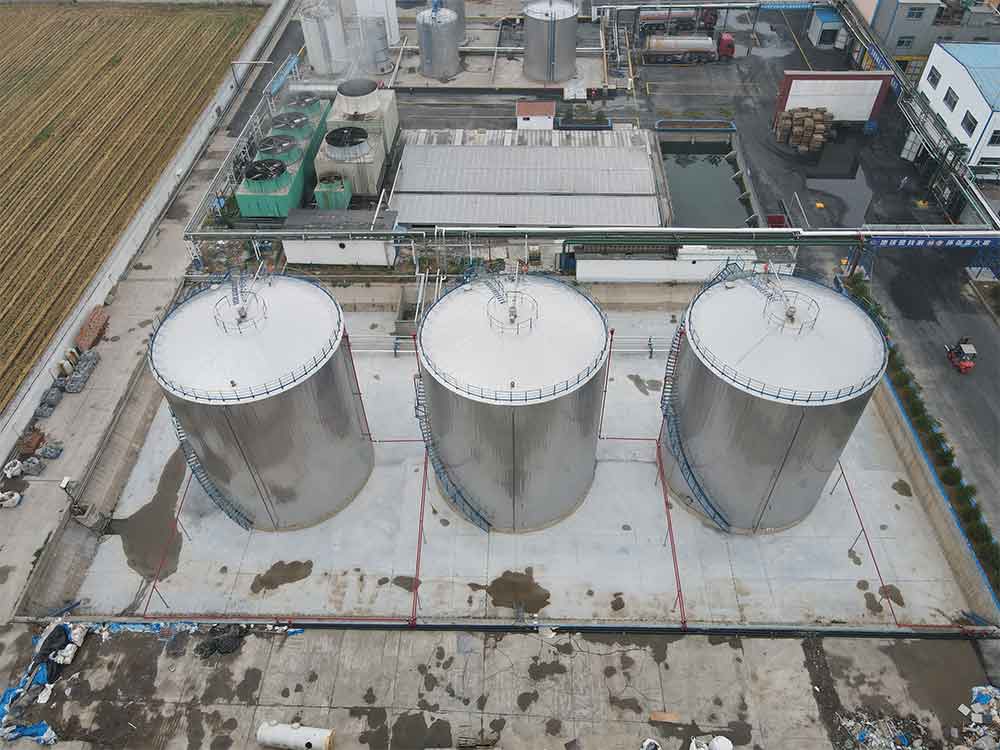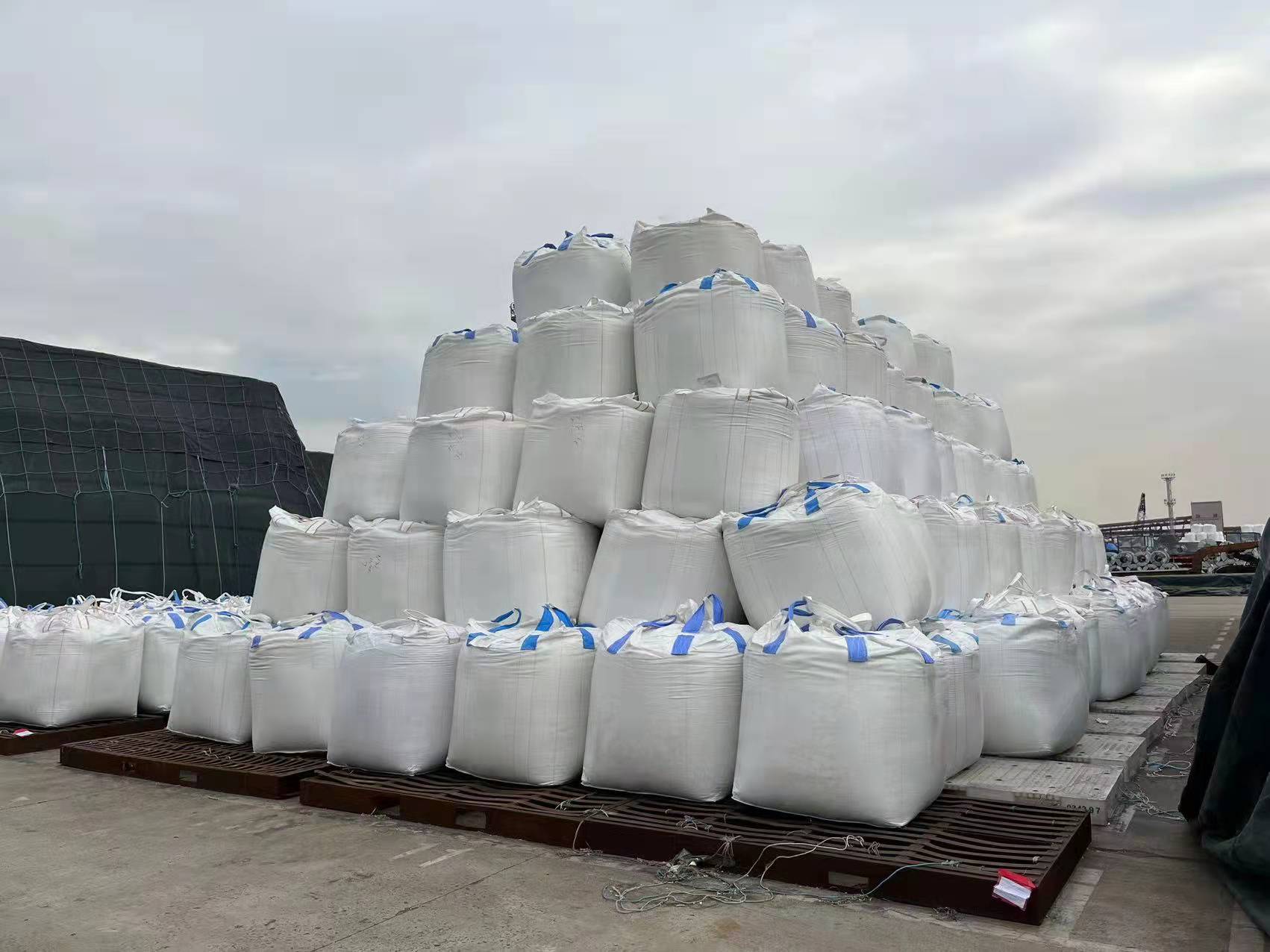Chemical trading industry plays a vital role in the global economy, facilitating the distribution of chemicals to various sectors. From pharmaceuticals to manufacturing, chemicals are essential in numerous applications. In this article, we will delve into the intriguing world of the chemical trading industry, exploring its significance, challenges, and future prospects.
Table of Contents
- Introduction
- Evolution of the Chemical Trading Industry
- Key Players in the Market
- Major Challenges and Regulations
- Global Market Trends
- Technological Advancements
- Sustainable Practices in Chemical Trading
- Emerging Markets and Opportunities
- Future Outlook
- Conclusion
- Frequently Asked Questions (FAQs)
Introduction

The chemical trading industry serves as a critical link between chemical manufacturers and end-users. It involves the buying, selling, and distribution of various chemicals, serving diverse industries worldwide. Chemical traders act as intermediaries, facilitating the movement of chemicals across borders, thereby enabling businesses to access the required raw materials.
Evolution of the Chemical Trading Industry
The evolution of the chemical trading industry has been marked by significant changes and advancements over the years, shaping its current landscape and future prospects. From humble beginnings to a globalized network, the industry has undergone a transformative journey.
In the early stages, the chemical trading industry was predominantly localized, with traders primarily operating within their regional markets. Businesses relied on local suppliers for their chemical needs, and the trading process was relatively limited in scope. However, with the advent of globalization and improvements in transportation and communication, the industry gradually expanded its reach.
The globalization of the chemical trading industry brought about a shift from local to international trade. Traders began exploring opportunities beyond their domestic markets, establishing connections with suppliers and buyers in different countries. This expansion was fueled by advancements in transportation infrastructure, such as the development of efficient shipping routes and the introduction of containerization. These innovations made it easier and more cost-effective to transport chemicals across borders, facilitating the growth of international trade.
The emergence of digital technologies further revolutionized the industry. Online platforms and digital marketplaces provided traders with new avenues to connect, communicate, and conduct business. These digital platforms streamlined the trading process, enabling traders to access a broader range of suppliers and buyers worldwide. The ease of information sharing and transactional efficiency offered by these technologies accelerated the pace of chemical trading, facilitating faster and more efficient transactions.
Alongside the globalization and digitalization trends, the industry witnessed the rise of large multinational corporations with dedicated trading divisions. These companies leveraged their extensive networks, market knowledge, and supply chain expertise to dominate the global chemical trading landscape. Their presence not only expanded the reach of the industry but also brought about consolidation and increased competition among traders.
Another significant aspect of the industry’s evolution is the growing emphasis on regulatory compliance and safety standards. As the awareness of environmental and health concerns associated with chemical substances increased, governments and regulatory bodies introduced stricter regulations to ensure safe handling, storage, and transportation of chemicals. Compliance with these regulations became a crucial aspect of the trading process, requiring traders to invest in robust systems and procedures to meet the stringent requirements.
Looking ahead, the chemical trading industry continues to evolve in response to market dynamics and emerging trends. Rapid advancements in technology, such as artificial intelligence, big data analytics, and blockchain, are expected to further transform the industry. These technologies hold the potential to enhance supply chain transparency, optimize logistics, and improve risk management, offering new opportunities for traders to streamline their operations and deliver value-added services to customers.
Key Players in the Market
The chemical trading industry is composed of several key players, including large multinational corporations, regional traders, and specialized niche players. Major chemical companies often have their trading divisions to expand their market reach. These companies leverage their expertise, supply chain networks, and market knowledge to facilitate the trading process.
Major Challenges and Regulations
The chemical trading industry faces numerous challenges and regulatory requirements. One of the primary challenges is ensuring compliance with safety regulations and environmental standards. Chemicals can be hazardous if mishandled, and it is crucial for traders to adhere to strict safety protocols during transportation and storage.
Additionally, international trade agreements and geopolitical factors can impact the chemical trading landscape. Tariffs, import/export restrictions, and political instability in certain regions can create hurdles for traders. Staying up to date with changing regulations and adapting to market dynamics are crucial for success in this industry.
Global Market Trends
The chemical trading industry is influenced by various global market trends. One significant trend is the shift towards sustainable and eco-friendly practices. With increasing awareness about environmental issues, there is a growing demand for chemicals produced using renewable resources and processes that minimize carbon footprint.
Furthermore, digitalization and advancements in technology have transformed the way chemical trading operates. Online platforms and digital marketplaces enable traders to connect with suppliers and buyers efficiently, streamlining the procurement process.
Technological Advancements
Technology plays a vital role in the chemical trading industry. Automation and artificial intelligence (AI) are being utilized to enhance supply chain management, optimize inventory levels, and improve overall efficiency. Predictive analytics and machine learning algorithms help traders make data-driven decisions, enabling them to respond swiftly to market demands.
Blockchain technology also holds promise in the chemical trading industry. Its decentralized and transparent nature can enhance traceability, security, and trust in transactions, reducing the risk of fraud and counterfeit products.
Sustainable Practices in Chemical Trading
Sustainable practices in the chemical trading industry encompass a wide range of initiatives aimed at reducing the environmental impact associated with the production, transportation, and use of chemicals. These practices are gaining increasing importance as businesses and consumers alike recognize the need for more responsible and eco-friendly approaches.
One key aspect of sustainable chemical trading is the promotion of environmentally friendly chemicals. This involves encouraging the use of substances that have a lower ecological footprint, such as bio-based or renewable chemicals. These alternatives are derived from sustainable feedstocks and processes that minimize resource consumption and emissions. By advocating for the adoption of these greener alternatives, chemical traders contribute to the overall reduction of harmful environmental impacts.
In addition to promoting sustainable chemicals, the industry is also focusing on implementing recycling programs. These programs aim to minimize waste and maximize the recovery of valuable resources from used or discarded chemical products. Through efficient collection, sorting, and recycling processes, chemical traders can significantly reduce the amount of waste that ends up in landfills or incineration facilities. This not only conserves resources but also helps to mitigate the potential environmental hazards associated with improper disposal.
Furthermore, sustainable practices in chemical trading extend to the transportation and logistics aspects of the industry. Traders are investing in energy-efficient transportation methods, such as optimizing shipping routes, utilizing intermodal transport, and exploring alternative fuel options. By minimizing fuel consumption and emissions during transportation, chemical traders contribute to the reduction of carbon footprint and air pollution.
Another important aspect of sustainability in chemical trading is the development and implementation of responsible packaging solutions. This involves using materials that are recyclable, biodegradable, or made from recycled content. By adopting sustainable packaging practices, chemical traders can minimize the environmental impact of packaging waste and promote the circular economy principles.
Collaboration and partnerships are also essential in driving sustainable practices within the industry. Chemical traders are actively engaging with manufacturers, customers, and regulatory bodies to develop and promote sustainable solutions. By sharing knowledge, expertise, and resources, stakeholders can work together to improve the overall sustainability performance of the chemical trading industry.
Overall, sustainable practices in chemical trading play a crucial role in reducing the industry’s environmental footprint and ensuring a more sustainable future. By promoting eco-friendly chemicals, implementing recycling programs, optimizing transportation, adopting responsible packaging, and fostering collaborations, chemical traders contribute to the preservation of natural resources, reduction of pollution, and the overall well-being of the planet.
Emerging Markets and Opportunities

The chemical trading industry is witnessing growth in emerging markets. Developing economies, such as China, India, and Brazil, are experiencing rapid industrialization and urbanization, driving the demand for chemicals. These markets offer significant opportunities for traders to expand their operations and tap into new customer bases.
Moreover, niche markets and specialized chemicals are gaining prominence. Unique applications and specific industry requirements create niches that can be served by specialized chemical traders. By focusing on niche markets, traders can carve out a competitive advantage and cater to specific customer needs.
Future Outlook
The future of the chemical trading industry looks promising, albeit with evolving challenges. Continued globalization, advancements in technology, and increasing emphasis on sustainability will shape the industry’s trajectory. Traders who embrace innovation, adapt to regulatory changes, and prioritize environmental responsibility are likely to thrive in this dynamic landscape.
Conclusion
The chemical trading industry plays a pivotal role in connecting chemical manufacturers and end-users across the globe. It is a complex and evolving industry, influenced by market trends, regulations, and technological advancements. As the demand for chemicals continues to rise, chemical traders must navigate challenges, embrace sustainability, and seize emerging opportunities to thrive in this competitive arena.
FAQs
- Q: How do chemical traders ensure the safety of chemicals during transportation?
A: Chemical traders adhere to strict safety protocols, including proper packaging, labeling, and documentation. They comply with transportation regulations and employ trained personnel to handle hazardous materials. - Q: What role does digitalization play in the chemical trading industry?
A: Digitalization has transformed the industry by enabling efficient communication, streamlined procurement processes, and enhanced supply chain management. Online platforms and digital marketplaces facilitate connections between traders, suppliers, and buyers. - Q: How does sustainability impact the chemical trading industry?
A: Sustainability is becoming increasingly important in the industry. Traders are adopting sustainable practices, promoting eco-friendly chemicals, and collaborating with manufacturers to develop greener alternatives. This helps reduce environmental impact and meet changing customer demands. - Q: Which regions offer significant growth opportunities in the chemical trading industry?
A: Emerging markets such as China, India, and Brazil are experiencing rapid industrialization and urbanization, driving the demand for chemicals. These regions present significant growth opportunities for chemical traders. - Q: What does the future hold for the chemical trading industry?
A: The future of the industry is characterized by globalization, technological advancements, and a focus on sustainability. Traders who embrace innovation, adapt to regulations, and prioritize environmental responsibility are well-positioned for success.



